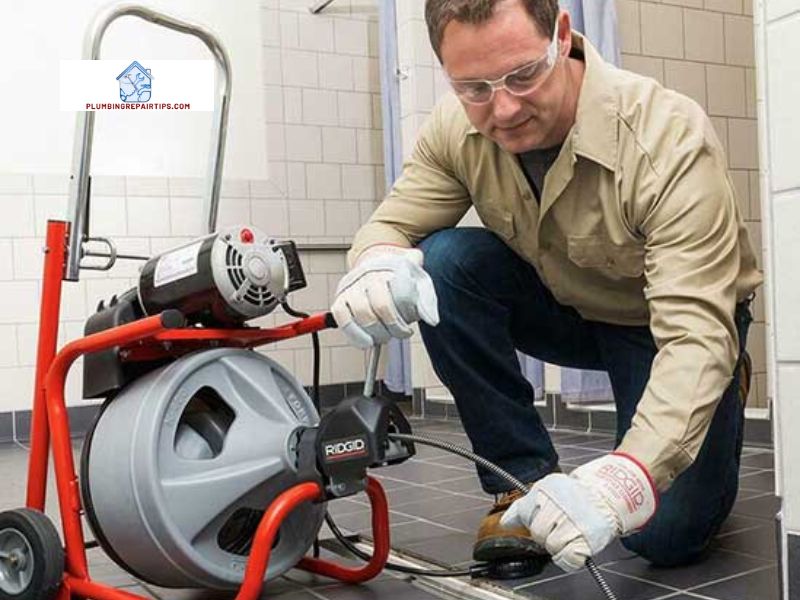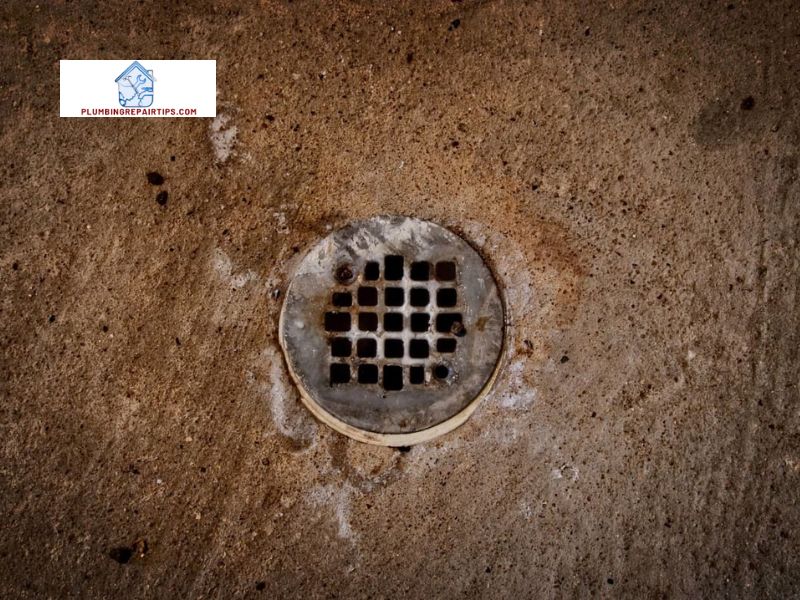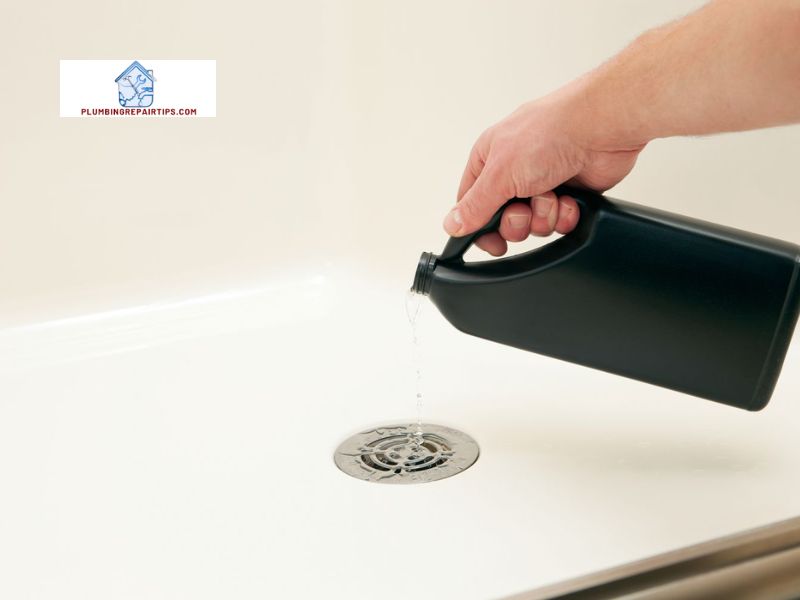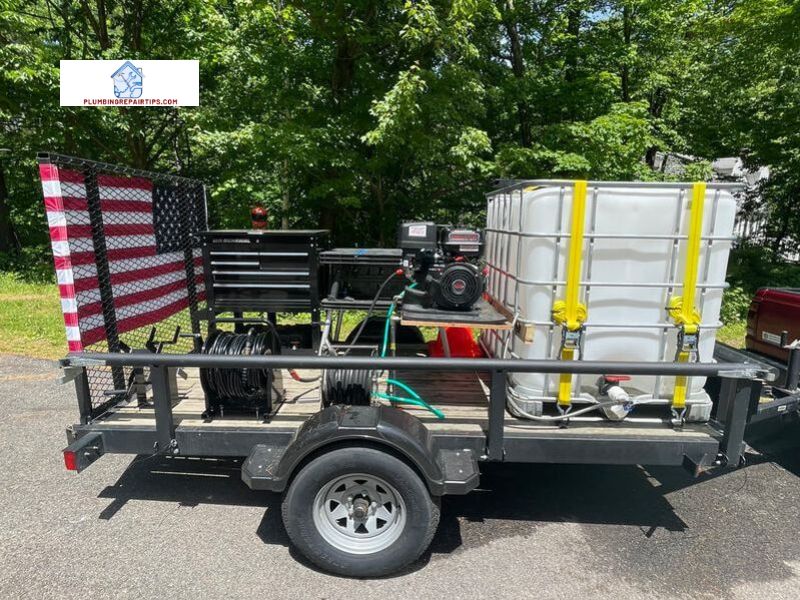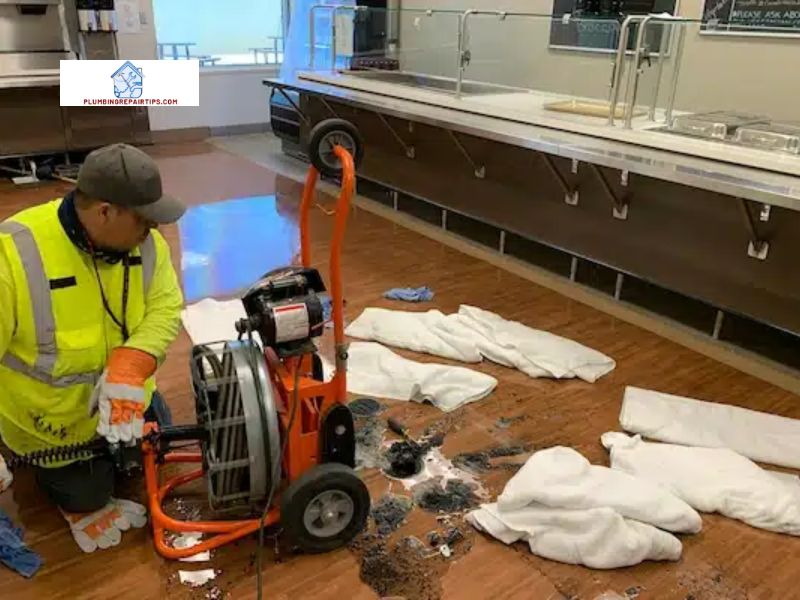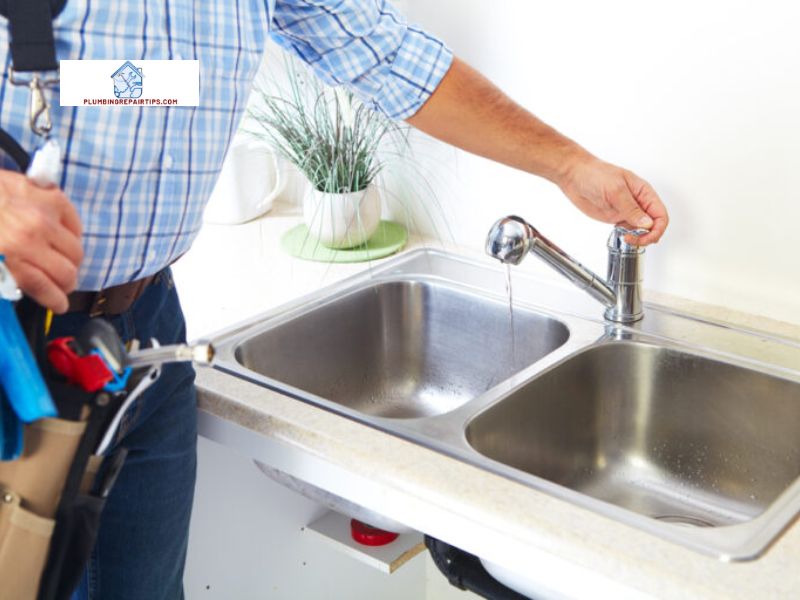We’ve all been there – the kitchen sink that just won’t drain properly, leaving us frustrated and wondering what went wrong. Well, chances are you’re dealing with a grease-clogged drain. But fear not! In this article, plumbingrepairtips.com will unravel the mystery behind these pesky clogs and provide you with essential tips to address and prevent them.
1. Introduction
A. Unveiling the grease clogged drain
Picture this: you pour hot cooking oil down your sink, and it disappears without a trace. It seems harmless, right? Wrong! Over time, that seemingly innocent oil mixes with other food particles and debris, forming a thick, sticky substance that coats the inner walls of your pipes. This is what we call a grease clogged drain – a notorious culprit behind sluggish drains and plumbing nightmares.
B. Why We Must Take Action
Now, you might be wondering, “Why should I bother addressing these grease clogs?” Well, my friend, the consequences of neglecting a clogged drain can be dire. Not only can it lead to costly repairs, but it can also pose health risks. Stagnant water in the pipes becomes a breeding ground for bacteria, potentially contaminating your water supply. Moreover, a clogged drain can cause backups and overflows, resulting in water damage to your home. It’s clear that prevention and timely intervention are key to avoiding these headaches.
So, let’s delve into the world of grease clogged drains, equip ourselves with knowledge, and explore effective solutions to keep our drains running smoothly. Stay tuned for the following sections, where we’ll uncover the dangers of grease clogs, methods to unclog them, and preventive measures to maintain a healthy plumbing system.
Remember, when it comes to grease clogged drains, prevention is the name of the game. Let’s keep our drains flowing freely and bid farewell to plumbing woes!
Next Section: Understanding Grease Clogs
Understanding Grease Clogs
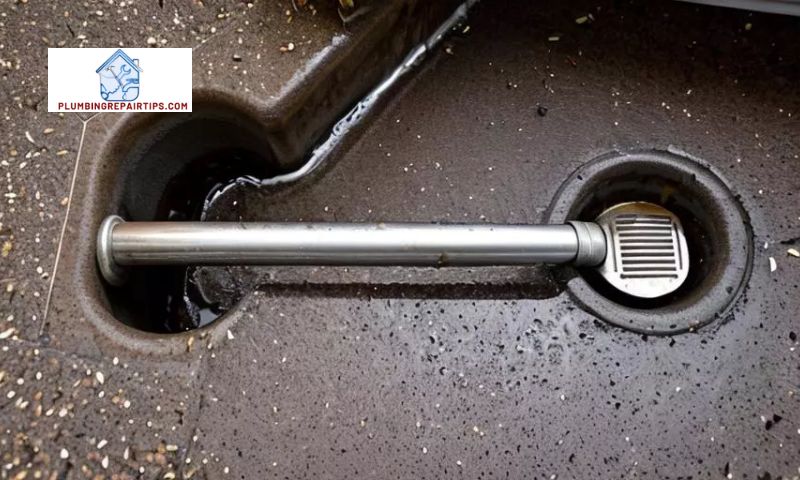
A. Causes and Sources of Grease Buildup in Drains
Grease buildup in drains occurs due to a combination of factors that we often overlook. One of the primary culprits is improper disposal of cooking grease and oil. When you pour hot oil or grease down the drain, it may seem harmless at first, but as it cools, it solidifies and clings to the pipes. Over time, this accumulation restricts the flow of water, leading to a clogged drain. Other sources of grease in drains include food scraps, soap scum, and even beauty products that find their way into the sink.
To prevent grease clogs, it’s crucial to adopt proper disposal practices. Instead of pouring grease down the drain, allow it to cool and solidify, then scrape it into a container and dispose of it in the trash. Additionally, using sink strainers can help catch food particles, preventing them from entering the drain and contributing to clogs.
B. Common Signs of a Grease Clogged Drain
Identifying a grease clogged drain early on can save you from bigger issues down the line. Here are some telltale signs to watch out for:
- Slow Drainage: If you notice water taking longer to drain than usual, it could be a sign of a grease clog. As the grease accumulates, it narrows the pipe’s diameter, impeding the flow of water.
- Foul Odors: A persistent, unpleasant smell emanating from your sink can be an indication of a grease clog. Grease buildup creates a breeding ground for bacteria, resulting in foul odors.
- Gurgling Noises: If you hear strange gurgling noises when water is draining, it could mean that air is trapped in the pipes due to a partial clog. The air pockets cause the water to make unusual sounds as it tries to pass through.
Recognizing these signs can help you address the issue promptly, preventing further damage and costly repairs. In the next section, we’ll delve into the dangers associated with grease clogs and the importance of taking action.
Next Section: The Dangers of Grease Clogs
4. Methods for Unclogging Grease Clogged Drains

Dealing with a grease-clogged drain can be a messy affair, but fear not! There are several methods you can employ to unclog your drain and restore functionality. In this section, we’ll explore both do-it-yourself approaches and professional solutions, so you can choose the best course of action based on the severity of the clog.
A. DIY Approaches and Their Effectiveness
1. Hot Water and Dish Detergent Method
This simple yet effective DIY method involves pouring boiling water down the drain followed by a generous amount of dish detergent. The hot water helps melt the grease buildup, while the detergent breaks down the oils. Allow the mixture to sit for a few minutes, then flush with more hot water. This method can work wonders for minor grease clogs.
2. Baking Soda and Vinegar Solution
Another DIY remedy involves the powerful combination of baking soda and vinegar. Start by pouring a cup of baking soda down the drain, followed by a cup of vinegar. The chemical reaction between the two ingredients creates a foaming action that helps break down the grease. Let it sit for about 30 minutes, then flush with hot water. This method is particularly effective for moderate grease clogs.
3. Plunger Technique
If the clog persists, using a plunger can provide the necessary force to dislodge the grease buildup. Ensure there is enough water in the sink or tub to cover the plunger cup. Place the plunger over the drain, creating a tight seal, and vigorously plunge up and down for about a minute. The pressure generated should help push the grease clog loose. Repeat if necessary.
B. Professional Solutions and When to Seek Assistance
1. Hydro Jetting
For stubborn grease clogs that resist DIY methods, it may be time to call in the professionals. Hydrojetting is a highly effective technique that utilizes high-pressure water to blast away even the toughest grease clogs. A specialized nozzle is inserted into the drain, and a powerful stream of water is directed at the clog, thoroughly clearing the pipes. This method is best left to the expertise of a trained plumber.
2. Mechanical Drain Snaking
When other methods fail, mechanical drain snaking can come to the rescue. This method involves using a flexible auger or snake to navigate through the drainpipe and break up the grease clog. The rotating motion of the snake dislodges the buildup, allowing it to be flushed away. Professional plumbers have the necessary equipment and experience to perform this technique effectively.
Remember, while DIY methods can be effective for minor grease clogs, it’s crucial to know when to seek professional assistance. If the clog persists or if you’re unsure about handling the situation yourself, don’t hesitate to call in a qualified plumber. They have the expertise and tools to tackle even the most stubborn grease clogs.
Next Section: Prevention Tips to Avoid Grease Clogs
5. Prevention Tips to Avoid Grease Clogs
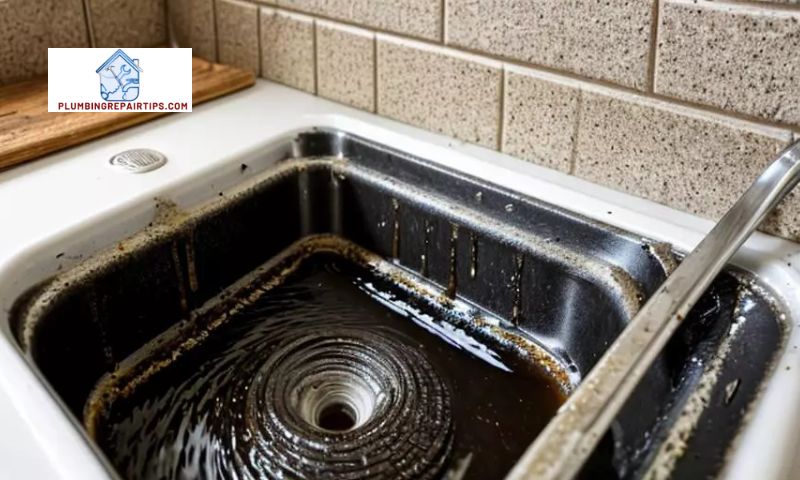
Nobody wants to deal with the hassle of a grease clogged drain. Luckily, there are several preventive measures you can take to avoid these pesky clogs in the first place. By following these simple tips, you can keep your drains flowing smoothly and save yourself from unnecessary headaches.
A. Proper Disposal of Cooking Grease and Oil
One of the major culprits behind grease clogs is improper disposal of cooking grease and oil. Instead of pouring them down the sink, let’s adopt a more responsible approach. After cooking, wait for the grease to cool down and solidify. Then, scrape it into a container and dispose of it in the trash. You can also consider recycling used cooking oil at designated collection centers. By keeping grease out of your drains, you’ll significantly reduce the chances of clogs.
B. Regular Maintenance and Cleaning of Drains
Prevention is better than cure, and this holds true for maintaining a healthy plumbing system. Regularly cleaning your drains can help prevent the buildup of grease and other debris. Consider using a mixture of hot water and vinegar to flush your drains once a month. Additionally, invest in drain strainers or screens to catch food particles and hair before they go down the drain. These simple maintenance practices can go a long way in preventing clogs and keeping your plumbing system in top shape.
C. Installing Grease Traps
For those who frequently deal with large amounts of cooking grease, installing a grease trap can be a game-changer. Grease traps are designed to capture and separate grease from wastewater, preventing it from entering your plumbing system. These traps are especially beneficial for commercial kitchens or households that produce a significant amount of grease. By intercepting grease at the source, you can effectively reduce the risk of clogs and protect your drains.
By implementing these prevention tips, you can proactively safeguard your drains from grease clogs and enjoy hassle-free plumbing. Remember, a little effort in prevention today can save you from costly repairs and inconveniences tomorrow.
Next Section: Conclusion
Conclusion
In conclusion, addressing and preventing grease clogged drains is crucial for maintaining a healthy plumbing system and avoiding potential disasters. By understanding the causes and dangers of these clogs, we can take proactive steps to keep our drains flowing freely.
Remember, a grease clogged drain can cause significant damage to your plumbing system. It can lead to pipe corrosion, leaks, and even sewer backups, resulting in costly repairs and inconvenience. Additionally, the health hazards associated with clogged drains, such as bacterial growth and contaminated water, should not be ignored.
To combat grease clogs, we discussed various methods for unclogging drains, including DIY approaches like using hot water and dish detergent or a baking soda and vinegar solution. However, if these methods fail, it’s essential to seek professional assistance, such as hydro jetting or mechanical drain snaking.
Prevention is always better than cure, and that holds true for grease clogged drains as well. By disposing of cooking grease properly, regularly maintaining and cleaning your drains, and considering the installation of grease traps, you can significantly reduce the risk of clogs and keep your plumbing system in top shape.
At plumbingrepairtips.com, we are committed to providing you with valuable insights and practical advice to tackle common plumbing issues. Remember, a little prevention can go a long way in ensuring a smooth-running household.
So, let’s bid farewell to those pesky grease clogs and enjoy hassle-free drains. Take charge of your plumbing system, and say goodbye to plumbing nightmares!
Stay tuned for more expert tips and tricks from plumbingrepairtips.com, your go-to source for all things plumbing.
Note: plumbingrepairtips.com should be bolded once in the Conclusion section.
